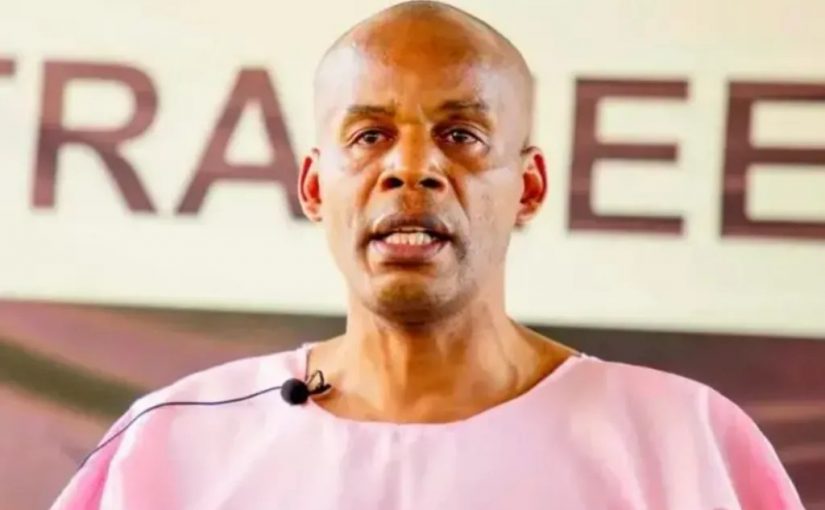By : Lloyd Mahachi
The recent sentencing of popular Rwandan YouTuber Rashid Hakuzimana to seven years in prison for breaching genocide denial laws has sparked intense debate about the state of free speech in Rwanda. Hakuzimana, arrested in 2021, vehemently claimed that his criticism of President Paul Kagame’s government in his YouTube videos led to his arrest.
This high-profile case raises concerns about the government’s willingness to silence dissenting voices.
Rwanda’s 1994 genocide, which claimed approximately 800,000 lives, remains an extremely sensitive issue. Strict laws prohibit denying, downplaying, or justifying the genocide. Hakuzimana’s remarks on YouTube, such as suggesting genocide orphans received inferior care compared to the children of senior government officials, were deemed divisive by the court.
While the government argues these laws protect national unity and prevent harmful rhetoric, critics contend they stifle free speech and opposition.
During his trial, the 56-year-old YouTuber chose to represent himself, refusing to mount a defense. He also expressed frustration over his three-year jail stay since arrest. Considering time already served, Hakuzimana will spend four years in prison and pay a $700 fine.
This sentence follows another high-profile case where YouTuber Yvonne Idamange received a 15-year sentence, later extended by two years, for inciting violence and denigrating genocide memorials.
Human rights groups have long accused Kagame’s government of exploiting genocide laws to suppress dissent. These concerns are amplified by Rwanda’s history of restricting freedom of expression, association and assembly.
The international community is watching closely, with some organizations calling for Haguzimana’s release and greater protections for free speech in Rwanda.
The implications of this case extend beyond Rwanda’s borders. As social media platforms continue to amplify diverse voices, governments worldwide are grappling with balancing free speech and national security. Will Rwanda’s strict laws become a model for other nations, or will international pressure lead to reforms? The world waits with bated breath as this story unfolds.
Editor : Josephine Mahachi

